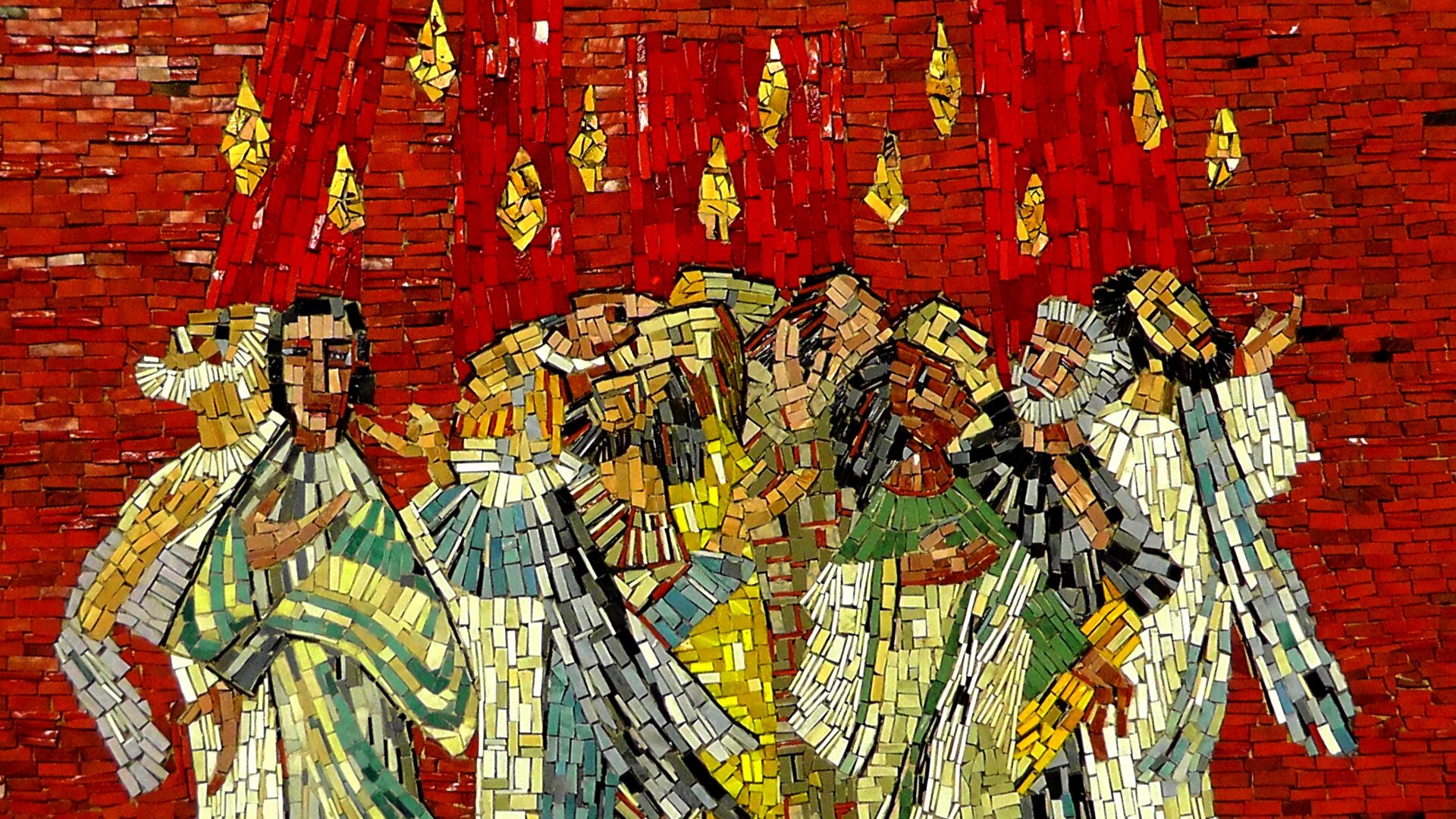
The Church as Museum
In the book, “Young Adult Catholics, Religion in the Culture of Choice,” the authors include a wealth of data on attitudes and beliefs of a range of young people, from believers to former believers to people who profess no religious faith.
Even in 2002 when that book was published, there was plenty of evidence that religion was losing its hold on young people. The trends supported by those data continue, according to a 2018 report by the Pew Research Center.
“A growing share of Americans are religiously unaffiliated,” it says. “We recently asked a representative sample of more than 1,300 of these “nones” (people who respond “none” on the question of religious affiliation) why they choose not to identify with a religion.” The most common reason is that “they question a lot of religious teachings.”
I suspect they’re not talking about doctrines like the Trinity or Jesus’ dual nature. They are more ignored or misunderstood than doubted. No, I suspect they’re talking about teachings on subjects like abortion and gay marriage, even though a separate survey question asks about “the social teachings of religions.”
Return to Church?
In the “Young Adult Catholics” book, a survey participant named “Sophia” was asked if she would return to Mass if the church changed its teachings on such matters as “birth control and divorce and remarriage,” issues that were more discussed at that time than abortion and gay marriage.
“I might,” replied Sophia. “…But now I think I’m at a point where I think religion is more about spirituality and my own prayers and my own thoughts, and I don’t necessarily have to actually go to Mass or be Catholic to be spiritual.”
In this respect, Sophia could easily be a Methodist, Presbyterian or Episcopalian. Those faiths generally disagree with the Catholic Church on the issues Sophia was asked about and also about abortion and gay marriage. And their church attendance is as low as or lower than that of Catholics.
Many respondents to the Pew survey answered that religion is “irrelevant” in their lives, and I believe this response best summarizes the attitude of many people, including young people, to questions about religion.
Why?
Why is this happening? The Pew study sees lots of reasons, and in a related article on the web site, Pew interviews Michael Hout, a professor of sociology at New York University who has spent years studying generational and religious changes in the United States. He gives several possible reasons Millennials (young adults born between 1981 and 1996) are generally not as religious as older Americans.
“Many Millennials have parents who are Baby Boomers,” says Hout, “and Boomers expressed to their children that it’s important to think for themselves – that they find their own moral compass. Also, they rejected the idea that a good kid is an obedient kid. That’s at odds with organizations, like churches, that have a long tradition of official teaching and obedience. Millennials … are more likely to have a ‘do-it-yourself’ attitude toward religion.”
In other words, many people, especially the young, shy away from religions that make demands on them. But Hout says this doesn’t apply only to religion.
“It’s just easier to quantify religious change because we have such good data on it,” he says. “But Millennials’ faith in nonreligious institutions also is weaker than they used to be … in the labor market, with government, in marriage and in other aspects of life.”
Too Busy, Lack of Interest, or Lazy
There are the less profound reasons young people give for staying away from church, of course. The survey on which the book, “Young Adult Catholics,” is based found that “the most frequent reasons given for stopping church attendance were vague and inarticulate. The authors grouped them in the category “too busy, lack of interest, or lazy.”
All of this seems to suggest that the church is becoming a museum, like many churches in the old days of the Soviet Union. But in its long history the church has survived much worse, and flourished. That’s because its message is timeless and enduring, and I believe people will always recognize its value and feel its allure. In his letter to Christians at Ephesus, St. Paul gives this advice to people searching for God.
“Live life, then, with a due sense of responsibility, not as people who do not know the meaning and purpose of life but as those who do. Make the best use of your time despite all the difficulties of these days.”




